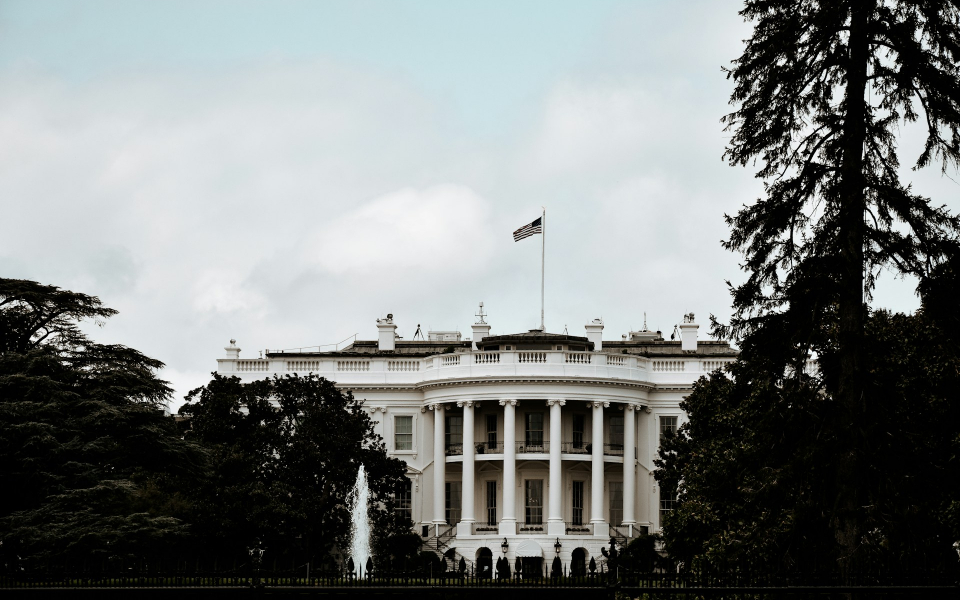In his State of the Union address, President Joe Biden proposed increasing taxes on the wealthiest Americans, including tech moguls Elon Musk, Jeff Bezos, and investor Warren Buffett, among others.
What Happened: Biden, in his speech on Tuesday, criticized the tax policies of the previous administration, which he said favored the top 1%. He proposed raising taxes on billionaires.
"A fair tax code is how we invest and make this country great. Health care, education, defense, and so much more," Biden said.
He also highlighted the disparity in the tax rates between billionaires and the majority of Americans, stating that "No billionaire should pay a lower federal tax rate than a teacher, a sanitation worker, or a nurse."
Biden also pledged to strengthen the social security system, emphasizing the unfairness of "working people who built this country pay more into social security than millionaires and billionaires do."
He also took a jab at the Republicans, suggesting that their plan was to cut social security and give more tax breaks to the wealthy. "Republicans can cut social security and give more tax breaks to the wealthy," he said.
"Well, that's the proposal. Oh, no? You guys don't want another $2 trillion tax cut? I kind of thought that's what your plan was," Biden added.
Why It Matters: This proposal by Biden aligns with the ongoing debate on taxing the ultra-wealthy. Earlier this year, a group of billionaires, including Bill Gates, voiced their support for increased taxation of the super-wealthy.
This move by Biden is in line with the ongoing discussions around the "billionaire's tax" bill, which was reintroduced to Congress by Democratic representatives in December. Talks regarding a unique tax targeting the most affluent individuals gained momentum during Sen. Elizabeth Warren's (D-Mass.) 2020 presidential campaign. In 2021, Warren, alongside Bernie Sanders (I-VT.) and fellow Democrats, introduced The Ultra-Millionaire Tax Act of 2021. This legislation suggested a 2% yearly tax on households or trusts with a net worth exceeding $50 million and a 3% tax for those surpassing the $1 billion threshold.
Meanwhile, IRS Commissioner Danny Werfel last month disclosed that wealthy Americans are evading taxes amounting to over $150 billion annually, a situation that is contributing to a "lack of fairness" in the tax system. The IRS is now deploying significant resources to address this issue.










